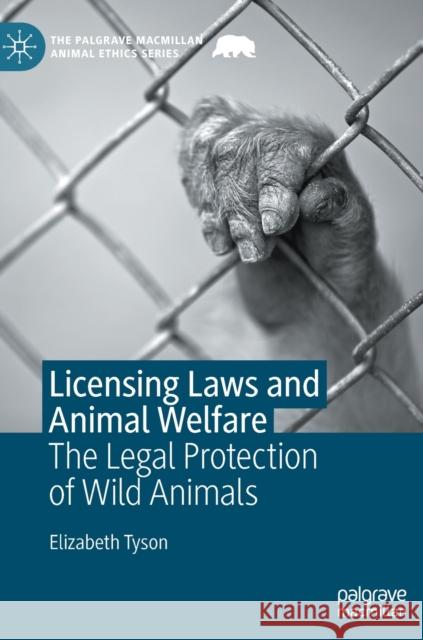Licensing Laws and Animal Welfare: The Legal Protection of Wild Animals » książka
topmenu
Licensing Laws and Animal Welfare: The Legal Protection of Wild Animals
ISBN-13: 9783030500412 / Angielski / Twarda / 2020 / 245 str.
Licensing Laws and Animal Welfare: The Legal Protection of Wild Animals
ISBN-13: 9783030500412 / Angielski / Twarda / 2020 / 245 str.
cena 363,12
(netto: 345,83 VAT: 5%)
Najniższa cena z 30 dni: 346,96
(netto: 345,83 VAT: 5%)
Najniższa cena z 30 dni: 346,96
Termin realizacji zamówienia:
ok. 22 dni roboczych
Bez gwarancji dostawy przed świętami
ok. 22 dni roboczych
Bez gwarancji dostawy przed świętami
Darmowa dostawa!
Kategorie BISAC:
Wydawca:
Springer Nature Switzerland AG
Seria wydawnicza:
Język:
Angielski
ISBN-13:
9783030500412
Rok wydania:
2020
Wydanie:
2021
Numer serii:
000414447
Ilość stron:
245
Waga:
0.50 kg
Wymiary:
21.01 x 14.81 x 1.91
Oprawa:
Twarda
Wolumenów:
01
Dodatkowe informacje:
Wydanie ilustrowane











